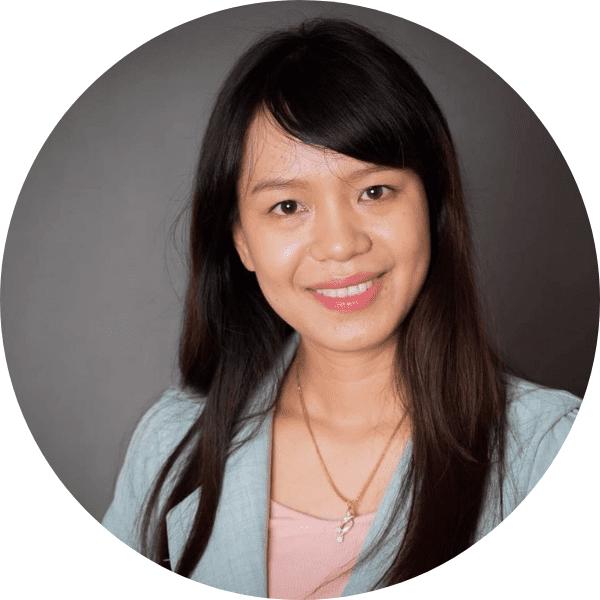4 min read
An exciting off-grid power business bringing affordable clean solar-energy to under-served communities in Myanmar has switched into fund-raising mode. SolarHome, a pioneer company in pay-as-you-go solar power delivery for off-grid households in Southeast Asia, wants to ramp up its operations and ensure ever more families enjoy access to safe light and power.
SolarHome is looking to raise US$500,000 in grants or investment funds. The money will allow the firm to deploy thousands more solar-powered lighting and water pump systems and appliances. (AVPN member Anthem Asia, a “for-profit-implied impact” investment firm operating in Myanmar, is an investor in SolarHome.)
SolarHome offers a steady source of power and light and brings enormous social benefits, particularly to farmers and women in rural communities who are years away from accessing electricity through formal and reliable power grids.
Wit Yi Aung, head of communications at SolarHome, recently shared with us the progress and prospect for their venture.
“One of the crucial motives behind SolarHome is the Myanmar market landscape. In emerging markets power networks are built out slowly, which means these economies can lag in development in relative terms, which disadvantages the hard to access rural regions. This means the isolated use of off-grid solutions can be a vital boon to rural populations while they wait to be connected to mains grids. In fragile economies, such as Myanmar today, the build-out may often stall, leaving many people using off-grid solutions for basic power. In Myanmar, solar is the preferred off-grid solution, not wind, tidal, nor alternative fuels.”
The business model developed by SolarHome involves clients paying the equivalent of US$5-24 a month for their solar-powered appliances and systems through a “pay-as-you-go” set-up. Users buy tokens through their mobile phones to keep their systems functioning. It’s also a “rent-to-own” model, as after a period users end up owning their own systems.
The social impact is measurable, according to Wit Yi Aung. “Our basic statistics tell our story. To date, Solar Home calculates some 300,000 people have benefited from access to affordable clean energy. A breakdown shows an estimated 60,000 households in Myanmar have replaced open fires with solar lights; some 35,000 households are no longer exposed to toxic lead battery chemicals. More than 9.3 million kg of CO2 emission have been saved. An estimated 147,000 women have benefited, many operate small shops and stalls and with solar-powered lighting can extend their business hours. In addition, school students have light to study in the evenings.”
Plus, she adds, SolarHome has created jobs and now employs more than 150 local people.
For the big picture matrix: SolarHome is contributing towards UN Sustainable Development Goals 3, 5, 7 and 13.
SolarHome clients also tell the story. For example, Daw Myint Myint San, a small shop owner in Tanintharyi region in Lower Myanmar, explains, “I grew up using candles to light at my home and little snack shop. Now I can extend the shop’s opening hours till 9pm, receive more customers, and generate 20% more income for my family.”
Aung Myint grows gum karaya on his farm in Thazin, Myekhtila, in Upper Myanmar. He says, “Using a solar-powered water pump is very useful and lets us save about 1,600 kyats (about US$1) a litre from not using fuel. This turns into 20% of my profit. I am able to farm two extra acres.”
What SolarHome is doing also offers the same wider qualitative benefits that access to power brings to any underserved community. More light means streets are safer, nights are less stressful. Power connections means connectivity to the world through charged smart phones and solar-powered TVs. Solar power means less money spent on fuel for generators or pumps or stoves reducing pollution and improving health. (In Myanmar, even families and businesses connected to the grid are plagued by power cuts and are having to rely on expensive and often dirty fuel for back-up generators.
SolarHome’s new fundraise will allow the firm to roll-out its operations and extend its product range of solar-powered appliances. Some money will be used to source thousands of basic solar-powered lighting systems and build out a World Bank concept called “Adopt a Village”. In addition, some of the money will go on building its distribution of solar-powered water irrigation pumps to farmers.
“Five hundred thousand dollars will allow us to build our inventory up to 5,000 more basic lighting systems or 500-600 water pumps or a mix of the two,” says Wit Yi Aung. “We can also add more staff. We would like to double our installation rate to 2,000 lighting systems and 25-50 water pumps each month.”
Solar Home CEO Geert-Jan ten Hoonte would love to engage with investors who have an eye for social impact. He can be reached via gjtenhoonte@solar-home.


















